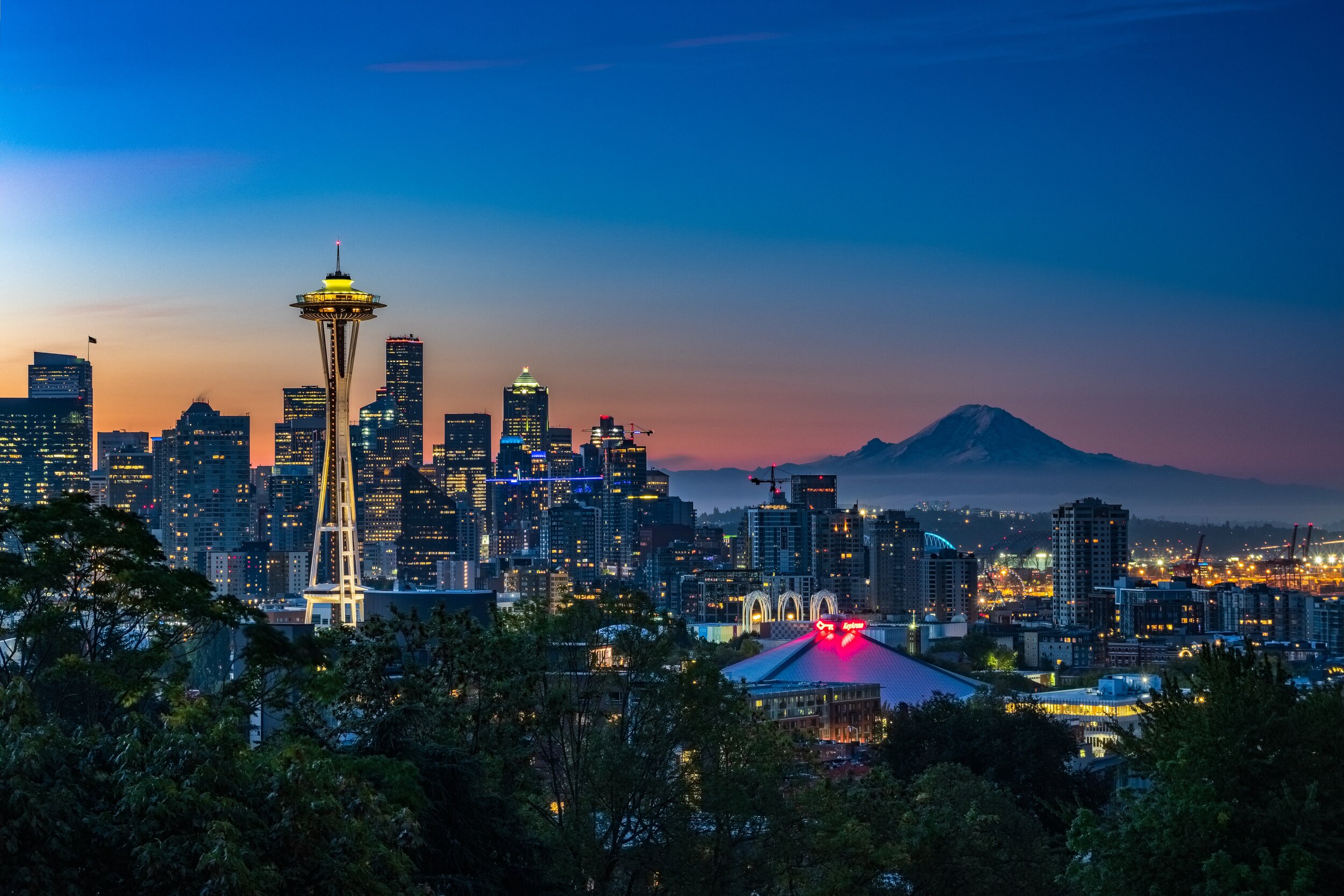Washington Post: Immigration and the death of the recovery
Sadly, this is what the immigration debate has been reduced to: You are either a patriot or a traitor. There is no in-between and little logic. Now, as the U.S. economy sputters and stalls, is precisely the time to welcome the smartest, most ambitious people on Earth. The only thing our political leaders are able to agree on, unanimously, is to further close the U.S. border, and pay for this by sanctioning companies that train and import highly skilled talent into the U.S.
The timing of the immigration battles couldn’t be worse. Just as China has become the second-largest economy in the world and India follows on its heels to become number three, their best and the brightest are losing interest in coming to the U.S. Immigrant entrepreneurs and foreign engineering students—whoreceive 60 percent of America’s engineering Ph.D.s and 40 percent of its master’s—are headed home.
If you visit New Delhi or Shanghai and meet tech entrepreneurs there, you get a sense of how much has changed. In April, my research team at Duke and the University of California-Berkeley completed a survey of 153 workers who had studied or worked in the U.S. and returned to India to start companies, and 111 who went back to China. We learned that the majority are doing better at home than they believe they would do in the U.S.
The vast majorities went home because of family ties and burgeoning economies in their home countries. Surprisingly, 72 percent of Indian and 81 percent of Chinese returnees said the opportunities to start their own businesses were better in their home countries than in the U.S. Most, 56 percent of Indians and 59 percent of Chinese, said they were enjoying a better quality of life.
Given America’s history, these findings are devastating. Over the past four decades, graduates of the top Indian and Chinese engineering colleges flocked to the U.S. to launch their careers, and many stayed and started tech companies. My research team documented that, from 1995 to 2005, foreign-born workers founded 52 percent of Silicon Valley’s startups. In 2006, foreign nationals residing in the U.S contributed to 26 percent of America’s global patents. One in four doctors in the U.S. are foreign-born, as are nearly half of all scientists and engineers who have a doctorate.
Several immigration bills have been introduced in Congress this year. The Startup Visa Act, which was introduced by Senators John Kerry (D-Mass.) and Richard Lugar (R-Ind.), has small but achievable goals. Then there is the Immigration Driving Entrepreneurship in America (IDEA) Act introduced by Silicon Valley Rep. Zoe Lofgren (D-Calif.), which attempts to fix the overall problems with skilled visas. Finally there’s the all-encompassing Comprehensive Immigration Reform Act of 2011 introduced by an all-Democrat group of Senators this month.
Given the intensity of of the immigration debate, it is not likely that we will be able to agree on any of these initiatives. Our leaders are too focused on pandering to uninformed segments of their electorates—who tend to be very vocal.
That the immigration debate attracts extremists in the midst of the worst economic times since the Great Depression is not a surprise. But the economic future of the U.S. depends on the way in which we deal with immigration and, by extension, the way in which this country competes effectively for the best and brightest in the world.
We may not be able to agree on what to do with the 10 million undocumented workers in the U.S. until after the 2012 election. But we can focus on the areas of agreement—accelerating the issuance of green cards to the legal, skilled workers who are already in the U.S., passing the DREAM Act, the implementation of a startup visa, and green cards for the graduates of top colleges. Otherwise, we’ll shoot a bullet into the heart of an economy already on life support.
